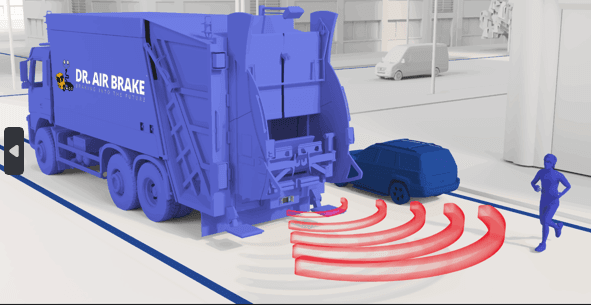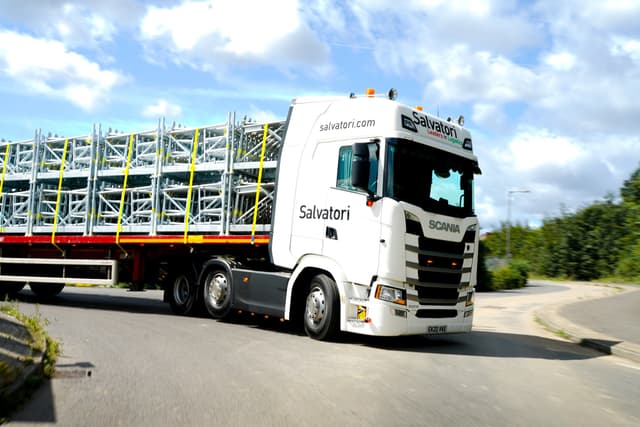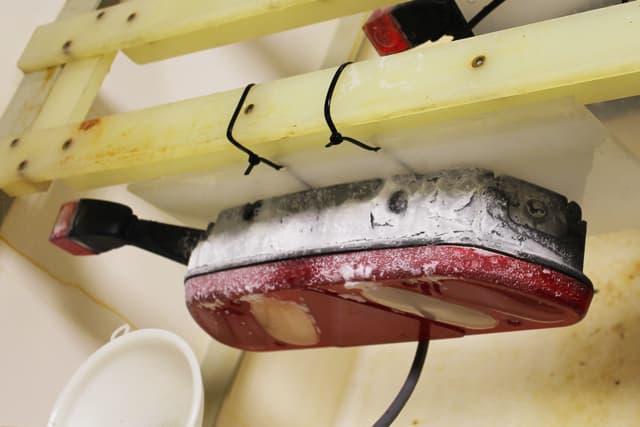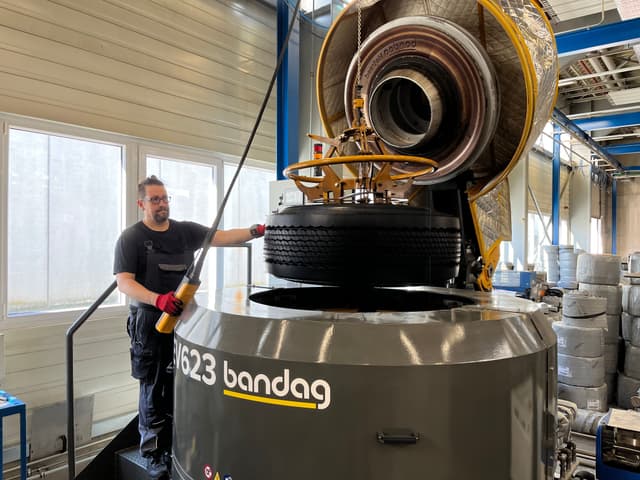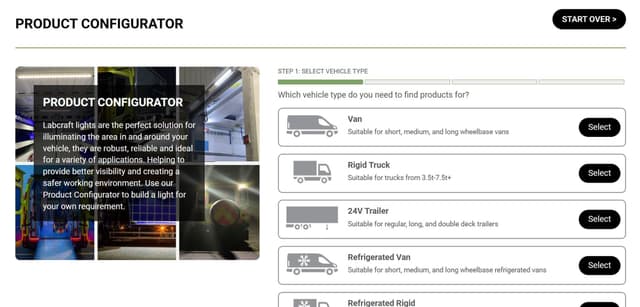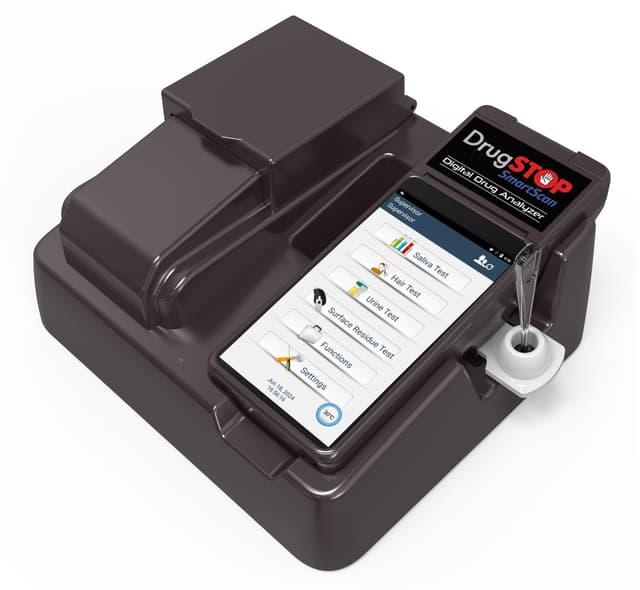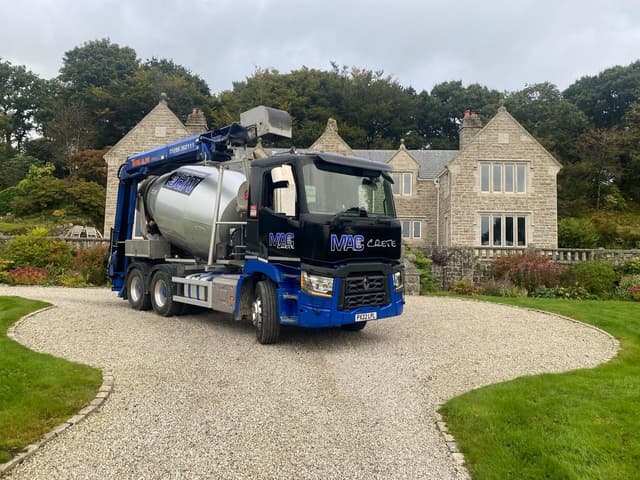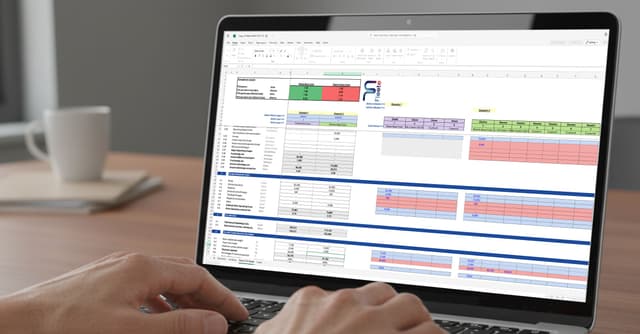Heavy Goods Vehicles are essential to Britain’s economy, yet they present
significant workplace safety challenges. Even experienced drivers face risks from time pressures and complex environments that can transform routine operations into dangerous situations.
The Alarming Statistics
Health and Safety Executive data reveals that nearly a quarter of workplace
transport fatalities occur during reversing manoeuvres, with HGVs featuring in 19% of commercial vehicle reversing accident claims.
“Standard vehicle warnings simply aren’t sufficient,” explains Jeff Lowe of Dr Air Brake.
“When seconds determine outcomes, traditional alert systems fall short.”
Legal and Moral Imperatives
Under the Health and Safety at Work Act and RIDDOR regulations, employers
bear significant responsibility for preventing accidents. Recent court cases show fines exceeding £500,000 for organisations failing to implement available safety technologies.
British-Engineered Solutions That Save Lives
Dr Air Brake’s active intervention systems represent a fundamental shift in
safety approach:
• Park Brake Auto-Stop: Automatically applies brakes when a driver’s door opens without the parking brake engaged.
• Reverse Smart Auto Braking: Uses radar to monitor behind the vehicle,
automatically braking when obstacles or pedestrians enter danger zones.
• Trailer Auto-Brake System: Prevents devastating trailer impacts through
automatic brake application.
“After installing these systems, we’ve seen near-misses virtually eliminated,”
reports Transport Manager Sarah Williams. “The return on investment becomes incalculable when considering what could have happened.”
For fleets operating in community environments, each vehicle represents both a potential hazard and a visible commitment to public safety. As standards evolve, organisations embracing active safety technologies gain competitive advantages through reduced incidents, lower insurance premiums, and enhanced operational confidence.
https://www.air-brake.com/
